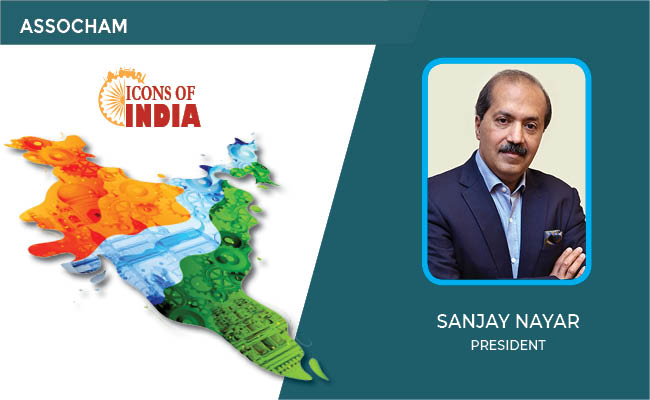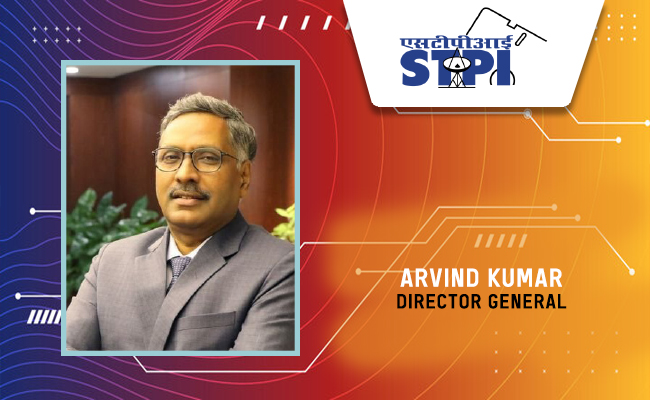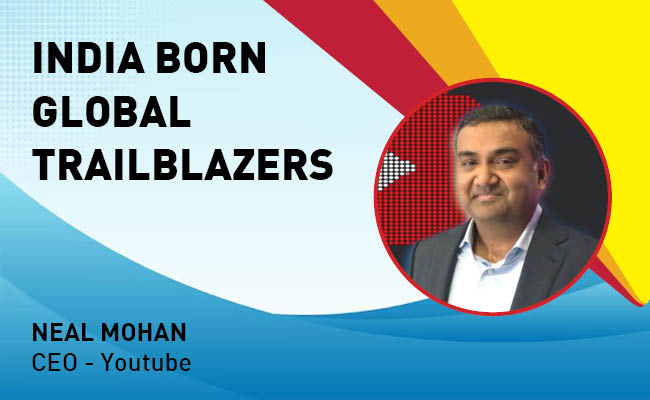AI-driven phishing scam threatens Gmail users' data
By MYBRANDBOOK

AI-powered scams are increasingly using advanced algorithms to create highly personalized, realistic emails, making it difficult for even seasoned professionals to differentiate between legitimate and fraudulent communication, putting users at significant risk
Gmail, one of the most widely used email platforms in the world, is now facing an increasing number of sophisticated phishing attacks driven by artificial intelligence (AI). These attacks, which have been growing in frequency and complexity, have raised alarms within the cybersecurity community. The Federal Bureau of Investigation (FBI) has issued a warning urging Gmail users to be particularly cautious when receiving unsolicited calls or emails from individuals claiming to be customer support representatives.
Recent reports, including data from the Hoxhunt Phishing Trends report, highlight a significant surge in AI-driven phishing attempts. Since the start of 2022, the number of AI-generated phishing scams has increased by 49%, and now accounts for nearly 5% of total phishing incidents targeting Gmail users. With over 2.5 billion active Gmail accounts worldwide, this poses a significant risk to personal and professional data security.
The troubling aspect of these AI-powered scams is the high level of personalization used in crafting fraudulent emails. Using advanced AI algorithms, cybercriminals are now able to mimic legitimate communication so effectively that even experienced professionals may be deceived. These messages are designed to appear as if they are from trusted sources, such as Gmail support or a financial institution, making it difficult for users to distinguish them from authentic emails.
One of the primary methods employed in these AI-driven phishing scams is the use of malicious links. These links, once clicked, redirect users to fake websites that resemble real services, where personal information such as login credentials, credit card numbers, and other sensitive data can be stolen. A report from cybersecurity firm VIPRE shows that 70% of phishing incidents involving Gmail users rely on this tactic.
The FBI has shared several critical recommendations for users to protect themselves from these growing threats. First and foremost, the FBI advises Gmail users to never click on links or open attachments from unsolicited emails, particularly if the email seems suspicious or unexpected. Instead, users should directly visit the website of the purported sender by typing the URL into their browser.
Additionally, the FBI emphasizes the importance of enabling two-factor authentication (2FA) or multi-factor authentication (MFA) on Gmail accounts. These security features provide an added layer of protection, requiring users to verify their identity through a second step, such as entering a verification code sent to their phone. This makes it more difficult for attackers to gain access to an account, even if they have the password.
Another crucial tip from the FBI is to refrain from oversharing personal information online or on social media. Scammers often gather information from public profiles to personalize their phishing emails, such as a person’s pet’s name, school, or date of birth. Reducing the amount of personal information shared online can make it more difficult for cybercriminals to craft convincing phishing messages.
As AI continues to evolve, the sophistication of phishing scams will likely increase, making it even more important for users to stay informed about emerging threats. By adopting strong cybersecurity practices, such as enabling 2FA and being cautious about clicking on links in unsolicited emails, Gmail users can significantly reduce the risk of falling victim to these attacks.


Legal Battle Over IT Act Intensifies Amid Musk’s India Plans
The outcome of the legal dispute between X Corp and the Indian government c...

Wipro inks 10-year deal with Phoenix Group's ReAssure UK worth
The agreement, executed through Wipro and its 100% subsidiary,...

Centre announces that DPDP Rules nearing Finalisation by April
The government seeks to refine the rules for robust data protection, ensuri...

Home Ministry cracks down on PoS agents in digital arrest scam
Digital arrest scams are a growing cybercrime where victims are coerced or ...


ICONS OF INDIA : SACHIN BANSAL
Sachin Bansal is an Indian entrepreneur. He is best known as the found...

ICONS OF INDIA : SANJAY NAYAR
Sanjay Nayar is a senior finance professional in the Indian private in...

ICONS OF INDIA : SANJAY GUPTA
Sanjay Gupta is the Country Head and Vice President of Google India an...


CSC - Common Service Centres
CSC initiative in India is a strategic cornerstone of the Digital Indi...

BSE - Bombay Stock Exchange
The Bombay Stock Exchange (BSE) is one of India’s largest and oldest...

STPI - Software Technology Parks of India
STPI promotes and facilitates the growth of the IT and ITES industry i...


Indian Tech Talent Excelling The Tech World - NEAL MOHAN, CEO - Youtube
Neal Mohan, the CEO of YouTube, has a bold vision for the platform’s...

Indian Tech Talent Excelling The Tech World - Soni Jiandani, Co-Founder- Pensando Systems
Soni Jiandani, Co-Founder of Pensando Systems, is a tech visionary ren...

Indian Tech Talent Excelling The Tech World - Steve Sanghi, Executive Chair, Microchip
Steve Sanghi, the Executive Chair of Microchip Technology, has been a ...
 of images belongs to the respective copyright holders
of images belongs to the respective copyright holders